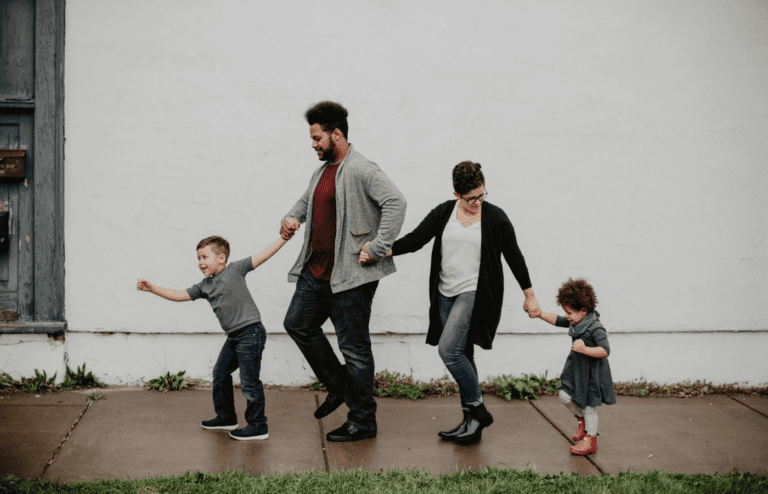Covert narcissists don’t always fit the loud, arrogant stereotype. Instead, they often appear shy, modest, or even self-deprecating. But beneath that surface lies a deep need for admiration, entitlement, and manipulation.
Recognizing covert narcissism can be tricky because their tactics are subtle. Here are 10 signs to help you identify if someone in your life might be a covert narcissist.
1. Extreme Sensitivity to Criticism

Covert narcissists may react strongly to even mild criticism. They might appear calm on the outside, but feel deeply wounded, often responding with sarcasm or withdrawal. This hypersensitivity stems from fragile self-esteem.
2. Passive-Aggressive Behavior

Instead of confrontation, covert narcissists often express anger through passive-aggressive actions like silent treatment, procrastination, or subtle digs. This allows them to maintain a facade while manipulating others.
3. Self-Deprecating to Seek Validation

They might put themselves down to elicit compliments and reassurance. This tactic masks their need for admiration and keeps others engaged in boosting their ego.
4. Shy or Withdrawn Demeanor

Covert narcissists may seem introverted or reserved. However, this behavior often hides feelings of superiority and a desire to avoid situations where they might not be the center of attention.
5. Grandiose Fantasies

They often harbor fantasies of unlimited success, power, or brilliance. These internal narratives serve to reinforce their sense of specialness and superiority.
6. Chronic Feelings of Envy

Covert narcissists frequently feel envious of others’ successes and may believe they deserve the same recognition. This envy can lead to resentment and subtle undermining of others.
7. Lack of Empathy

While they may appear understanding, their empathy is often superficial. They struggle to genuinely connect with others’ feelings, focusing instead on their needs.
8. Victim Mentality

They often cast themselves as victims, blaming others for their problems. This mindset allows them to avoid responsibility and garner sympathy.
Read More: Things Narcissists Say (and What They Really Mean)
9. Difficulty Maintaining Relationships

Their manipulative behaviors and lack of genuine empathy can strain relationships. Over time, friends and partners may distance themselves, leading to a cycle of isolation and further victimization.
Read More: 10 Signs Someone May Be a Narcissist
10. Two-Faced Behavior

Covert narcissists often present a charming persona in public while displaying controlling or dismissive behavior in private. This duality can be confusing and emotionally draining for those close to them.
Recognizing these signs can help you navigate relationships with covert narcissists. If you suspect someone in your life exhibits these traits, setting boundaries and seeking support from mental health professionals can be beneficial.
Read More: 15 Narcissist Phrases That Seem Nice (But Aren’t)








